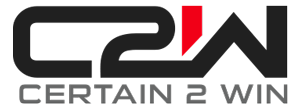Conflict, confrontation, tension, and stress are unfortunately just inevitable aspects of life. They happen, always have and always will. And they happen at home, in our personal lives, at work, and even rear their ugly heads sometimes at play. We don’t have to cause them or even invite them, and neither do we have to go looking for them. They will find us. Often they find us when we least expect them, blindsiding us with no warning or notice. And when we are suddenly confronted the “animal” part of our brain just automatically kicks into one of its four gears: fight, flight, freeze, or submit. Fact is, that part of our brain cannot distinguish between a real threat and a perceived threat. That helps explain why we accumulate tension and store stress over things that really don’t matter. We have the ability to make our own mountains out of molehills and unnecessarily burden ourselves, thereby, hamstringing our abilities to think rationally and respond reasonably and creatively. It’s as if we’re pulling a wagon and keep throwing bricks onto it, loading ourselves down with worry weight over things that don’t even exist. Add to that the harsh realities of life that do exist, and perhaps it becomes more clear why some researchers claim 1 in 5 Americans take psychiatric drugs.
If we set aside the cases of those who are seriously and clinically in need of professional care and instead focus only on those who are just trying to work, do a good job, get ahead, and take care of themselves, their families, and their teams an essential, basic question becomes: how do I deal with (but not avoid) situations which cause me tension and stress either real or perceived? First and foremost, to do so requires that we become more self-aware. In other words we need to pay closer attention and notice when our animal brain just reaches over and grabs the wheel of our life bus and either stabs the throttle, stomps the brake, or freezes as we’re head off the cliff. When that occurs, and it will occur, obvious signals happen almost instantly as our physical body’s emergency lights begin flashing. Some of those signals are “flushing” as our blood pressure rises quickly and warm blood races to our face and head evidenced in the cartoons of our childhood when Donald Duck’s face grew red and steam puffed from his ears. Another instant signal is a surge of adrenaline and energy into our muscles as our brain prepares us to fight or flee. Our palms may become wet, our shoulders hunch (an instinctual response as we try to protect the vulnerable area of our neck from that primordial saber tooth tiger), our pupils dilate just like a cat preparing to pounce on a mouse, and, finally, our breath becomes rapid, filling our bloodstream with extra oxygen for the impending battle. Remember, the threat can be real or only perceived. Regardless, whether it be a real puma coming towards us on the hiking trail or a perceived threat from a short-tempered boss, our body automatically reacts.
The good news is unlike mere animals at this critical juncture we humans are blessed with the ability to make a choice. Although our bodies instinctively react we can choose how we respond. As we become more self-aware by noticing these “body signs” we begin to tilt the scale in our favor. We have a better chance of winning real battles or, at least, keeping our personal wagon lighter and easier to pull. None of our automatic, physical responses are bad in and of themselves since a rapid head start to get away from a very real puma may indeed save us. However, they may not serve us well if lock up mentally, stress ourselves, become confrontational, or bail out when it’s unnecessary or counterproductive. To do so may entrap us as we helplessly react, thereby throwing gas on the fire, reacting to the bigger fire, and in essence becoming our own worst enemy. Our inability to respond to and evaluate a problem may inevitably create a larger problem until we become overwhelmed, overloaded, and over medicated. By paying closer attention and becoming more self-aware and, therefore, better able to respond appropriately we can break the unhealthy and unproductive Circle of Strife.
Originally published in Beaumont Business Journal, Heat And Humanity Column


